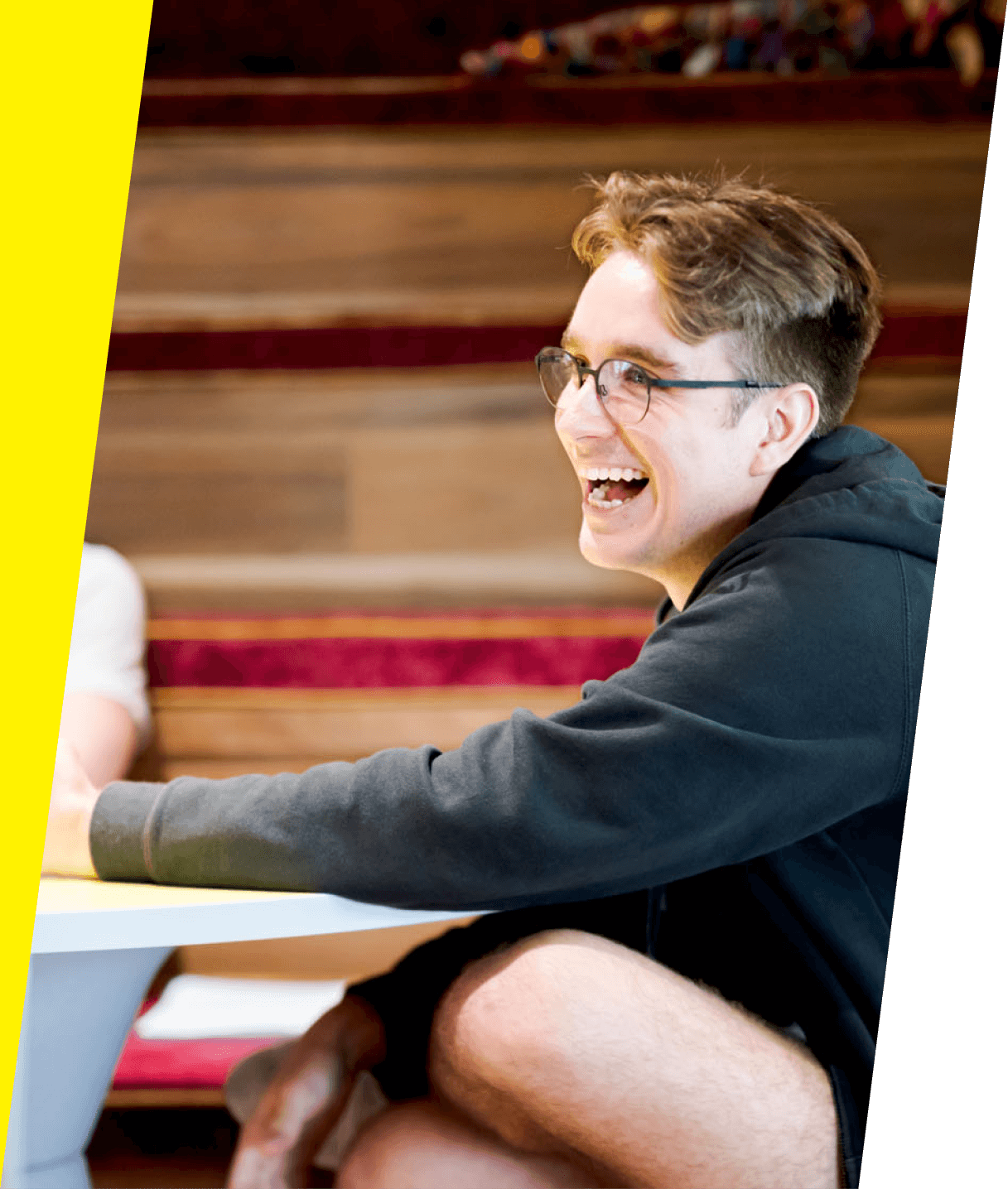
Jordan
What did you study at university? How did it prepare you for trading?
I did a bachelor of engineering, then a master’s in mechatronics engineering at the University of Queensland. It’s a reasonably quantitative degree, and I often call upon these skills and my programming knowledge when trading – but above all, the problem-solving skills I learned during my degree have been invaluable.
What did you learn during training in Sydney?
I spent some time down in Sydney covering the fundamentals of markets, options and trading. This was a big period of growth for me. Though trading in Brisbane has its unique aspects, the foundational knowledge I gained in Sydney was crucial. It gave me a comprehensive understanding of market operations and macroeconomic drivers, which is essential in making informed trading decisions.
Briefly outline your day-to-day responsibilities.
My day starts with an analysis of the energy market, and the results of this analysis form part of the trading strategy for the day. From there, I trade on screens and contribute to executing the plan we came up with. Outside of market hours, I build and maintain relationships with counterparties and do research to help inform positions.
Within our Energy Team, we also offer an Energy Analyst role. How closely do they work together?
At our Brisbane office, the partnership between Energy Traders and Analysts is incredibly close. By nature, energy markets are large, complicated physical markets, meaning that unexpected events are common. Analysts must quickly adapt and provide ad-hoc analysis, and in return, we provide practical trading insights to enhance their analyses. So, our collaboration extends beyond formal meetings; we continually exchange information throughout the day and depend on their insights to adapt our strategies to market fluctuations.
How do the Energy team’s trading strategies differ from VivCourt’s other trading teams?
The trades we make are based on our fundamental view of the market, which means that a lot of our positions can be on for weeks, or even months. By comparison, VivCourt’s other teams specialise in medium to high frequency trading, some desks operating even in nano-seconds.
What non-technical skill is essential for your role?
Being a successful trader takes time – and I’m still learning. I think that being eager to learn, innate curiosity and actively looking actively for opportunities in the market, and being hungry to contribute to the PnL are the most important attributes for someone wanting to join the energy desk.
What work have you been most excited by since starting at VivCourt?
The exciting thing about trading is that it’s always different. My favourite days are when a big piece of news comes through, and the whole team comes together to digest and understand it – it’s intense but lots of fun.
Any advice for potential applicants?
Spend some time looking into the different types of trading – I have always had an interest in energy markets, so energy trading was a great fit for me. I think it’s important to understand that there are lots of different strategies and lots of different markets out there – do something you’re interested in!